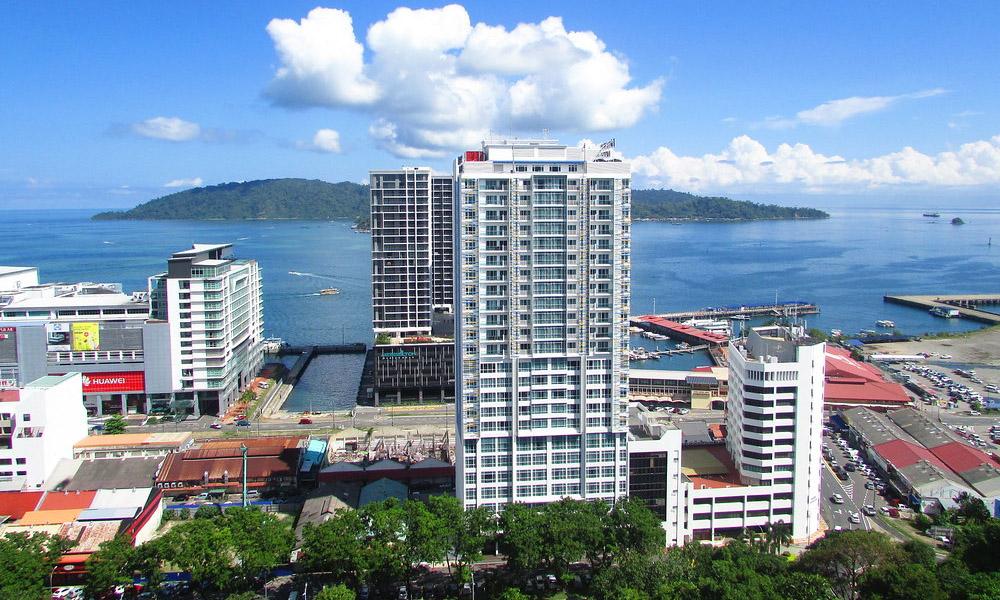Sabah expands travel ban to curb coronavirus outbreak
CORONAVIRUS | The Sabah government is expanding the scope of travel restrictions imposed to prevent the novel coronavirus (2019-nCoV) from spreading into the state.
Effective tomorrow, all non-Sabah residents with a travel history to mainland China in the last 14 days will not be allowed to enter the state.
This includes both non-China foreigners and Malaysian citizens who are not from Sabah.
“Any Sabahan, permanent residents of Sabah, residents of Sabah under work pass, student pass, long-term social visit visa or any exemption order, returning from mainland China are subject to a compulsory 14-day home quarantine,” Sabah state secretary Safar Untong (above) said in a statement today.
Previously on Jan 30, Sabah moved to ban all flights from China and bar all China nationals from entering the state.
The media reported on Feb 4 that the move left many China nationals stranded in the state resulting in them overstaying and flouting their visa. Reports said 117 direct flights from 15 Chinese cities were affected by the travel ban.
On the same day, Sabah Deputy Chief Minister Christina Liew was quoted as saying that China tourists who arrived before Jan 31 would be allowed to extend their visa by seven days.
A visa extension fee for RM100 would be applicable and travellers would need to show valid return tickets. The requirement for a local guarantor was waived.
Meanwhile, Safar warned China nationals still in Sabah to leave before their visas expired.
“Should their visa be expiring, only one visa extension for a maximum of seven days may be granted,” he said.

Sabah’s move to expand travel restrictions comes a day after the federal government imposed new travel restrictions on those from China.
Previously, the federal government only barred travellers from Wuhan and the surrounding the Hubei province but has now included any travellers originating from any province that is under lockdown by the Chinese government.
Sarawak banned all visitors from China and those with a recent travel history to China since Feb 1.
The increased restrictions came as the 2019-nCoV virus spreads to more parts of China as well as other parts of the world.
Over 28,403 cases have been reported worldwide, of which 28,130 are in mainland China.
Cases of local human-to-human transmission have also been reported outside of China in places such as S Korea, Japan and one case in Peninsular Malaysia.
Singapore, which has 33 confirmed 2019-nCoV cases so far, raised its alert level to its second-highest level today after finding several cases of the virus in patients who had no recent travel history to China nor any contact with known cases.
RM12.50 / month
- Unlimited access to award-winning journalism
- Comment and share your opinions on all our articles
- Gift interesting stories to your friends
- Tax deductable
